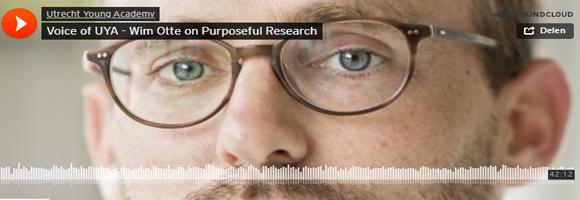The Altruist Scientist

Are you after a “cure” or a career? This is a question each researcher could ask herself before choosing a topic of research. Or when deciding not to pursue that topic to make time and resources available for another one. (I use the word “cure” in a very general context, so not only cure as in health, but also cure that is sought for with curiosity: a quality related to inquisitive thinking such as exploration, investigation, and learning.) Many observers have mentioned that the impact of a piece of research on the wellbeing of the society is not necessarily aligned with impact factor of the journal it is published in, which is commonly perceived as the main factor for advancing one’s career. Even though the “cure” is that main reason the public continues to provide large sums of money to researchers, it remains much harder to quantify contributions to a cure than the journal impact factor.
Despite all the efforts to counter it, publication metrics are still on top in the list of criteria that hiring and tenure committees directly use in their assessment. Journal impact factors are promoted by their tireless communication offices and echoed by funding agencies. Until hiring, promotion, and grant committees do not advocate loudly and explicitly against using such measures, the “cure or career” question is a challenging one to answer for every scientist, old or young. The ones who “make it” are mostly those who adapt themselves to its prominence. Therefore, the rule of metrics continues to reign in the mainstream academia. This analysis is the essence of many essays that critically look at the wellbeing of the academic enterprise. Prominent scientists have loudly criticized the use of journal metrics in evaluation of individuals, major institutions have signed declarations that on paper ban such practices, and funding agencies have put more emphasis on societal impact, but the hiring, tenure, and grant committees mostly seem unmoved.
Wim Otte is one of the few I know that looks differently at the “cure” or career dichotomy. He does so by putting meaning above science, elevating the discussion level so high that talking about the “academic career” will sound naive. Looking from his perspective, the “cure” or career question becomes almost irrelevant. He is a successful neuroscientist with a long publication record (metrics) and inventions that are currently being used by medical doctors in their practices (impact). Despite his high performance, he expresses to me some dissatisfaction because he is “actively helping to get the segregation between the poor and rich bigger”. He is worried that “if there is too much separation between the winners and the losers, we end up in a very segregated world, which makes it difficult to tackle global problems.” By analyzing the science enterprise from a value-centered humanitarian standpoint, he can set free from the constraints of swimming in the mainstream. Meanwhile, even in playing the rules of the game, he collects points using his strong sense of empathy with the other players who do not necessarily share his viewpoint, for example by making his articles easy reads for reviewers and making the figures attractive for the editors. Climbing up the academic ranks is not an end goal for him, but only a middle stop to an elevated search for meaning.
You can listen to Wim in the fifth episode of the Voice of the Utrecht Young Academy podcast. You can also find all episodes of the Voice of UYA on Soundcloud, Stitcher, and iTunes.
Link to the latest episode: